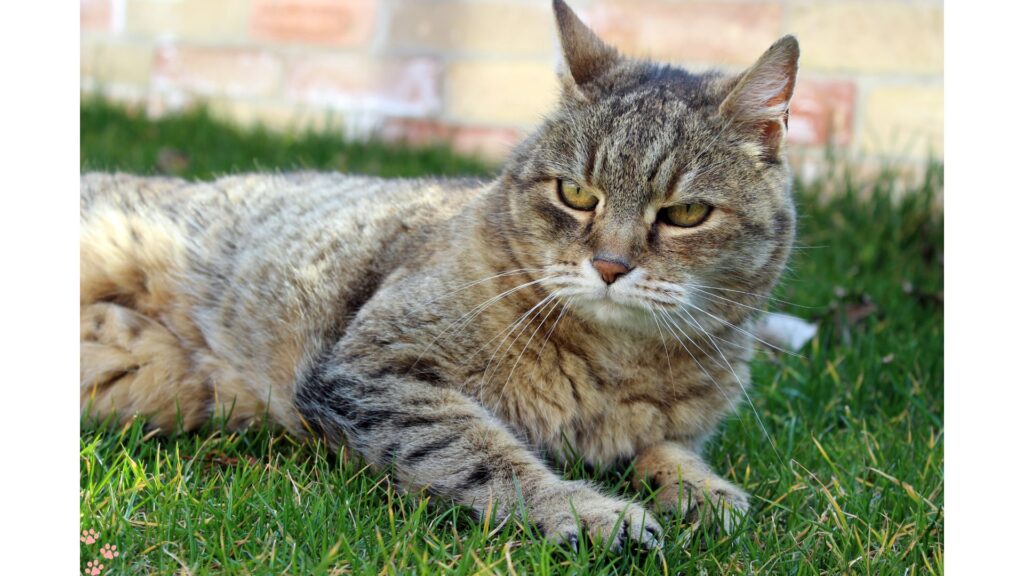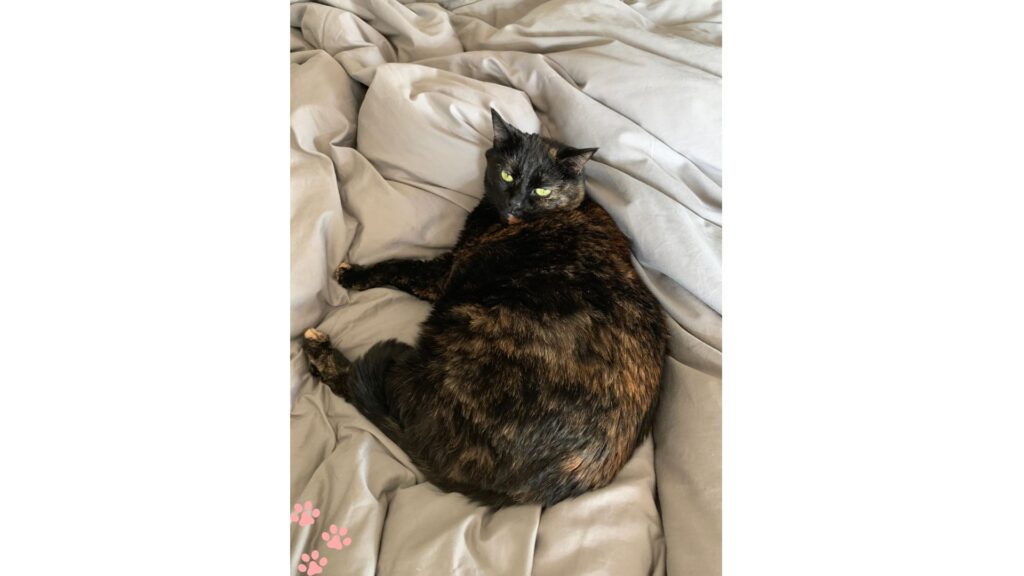
As feline friends age, they require extra attention and care to live their twilight years in comfort and contentment. Transitioning into a senior cat’s caregiver means adjusting to their evolving needs, from dietary changes to more frequent veterinary visits. This SEO-optimized post will provide you with the essential tips and insights needed to care for your aging cat, ensuring they enjoy a high quality of life in their senior years.
Understanding Senior Cats
Recognizing the Senior Phase
Cats are generally considered senior between the ages of 7 to 10 years. It’s crucial to recognize this life stage because it comes with specific health, nutritional, and emotional needs.
Common Ailments in Aging Cats
Senior cats are more prone to diseases such as chronic kidney disease, diabetes, hyperthyroidism, arthritis, and dental issues. Regular monitoring for symptoms like changes in appetite, water consumption, litter box habits, and behavior is essential for early detection and treatment.
Optimizing Their Environment
Comfort is Key
Ensure your home caters to your senior cat’s comfort. Provide easy access to cozy beds, possibly with heating elements for arthritis relief, and ensure litter boxes have low sides for easy entry.
Safety and Accessibility
Modify your home to suit an older cat’s mobility level. Ramps or steps can help them reach their favorite spots without straining. Keep their essential resources like food, water, and litter boxes on the floor level to avoid unnecessary jumping or climbing.
Nutritional Needs
Special Diet Considerations
Senior cats often require diets lower in calories but rich in high-quality protein and easily digestible ingredients. Supplements like omega-3 fatty acids can support joint health, while adequate hydration aids in kidney function. Consult with a vet to tailor a diet specific to your cat’s health needs.
Veterinary Care
Regular Check-ups
Bi-annual veterinary visits are advisable for senior cats to monitor their health and manage any emerging conditions promptly. Discuss vaccinations and parasite control, as older cats may have different requirements and tolerances.
Keeping Them Engaged
Physical and Mental Exercise
Maintain your cat’s physical and mental health with appropriate play and stimulation. Engaging toys, puzzle feeders, and even simple cardboard boxes can provide vital mental and physical activity without overexertion.
Special Care Tips
Grooming
Older cats may struggle with grooming, so regular brushing can help prevent mats and keep their coat healthy. Nail trimming and dental care are also vital to prevent overgrowth and diseases.

Managing Stress
Changes in their routine or environment can be particularly stressful for senior cats. Keeping a serene home, providing hiding spots, and avoiding loud noises can help maintain their peace.
Monitoring and Adjustments
Closely observe your senior cat for any changes in behavior or condition. Swift adjustments to their care plan, based on these observations or veterinary advice, can make a significant difference in their well-being.
In Conclusion,
Caring for a senior cat is a very rewarding journey that deepens the bond you share. By understanding their needs, making suitable adjustments to their care, and keeping them comfortable and engaged, you can help your feline friend enjoy their golden years to the fullest. Remember, the goal is not only to extend their life but to ensure its quality, filled with love, comfort, and dignity.




